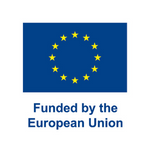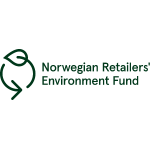How we work
WasteAid works in lower- and middle-income countries to implement waste management and recycling programmes that reduce climate emissions, build a circular economy and create livelihood opportunities for vulnerable communities.
We do this by:
- Partnering with public, private and community-based organisations in countries where poor waste management is harming the environment, economy and society.
- Cooperating with businesses and governments to help address the global waste crisis.
- Creating networks of stakeholders in the waste space to promote best practice, share knowledge and training and to actively support green entrepreneurship focused on addressing the waste crisis.
Our Values
Collective Strength: We are collaborative and work in a collegiate spirit with a set of diverse partners and funders, guided by principles of partnership.
Knowledge Sharing: We believe in the power of appropriate technology transfer, training and skills development to create long-term sustainable livelihoods and an environment free of pollution from waste.
Demonstrated Impact: We strive for programme excellence, demonstrated impact and being transparent about our use of resources.
Strong Communities: We are inclusive in our approach, and seek to empower communities in lower-income countries to innovate and manage their own waste in a safe and sustainable way.
Needs assessments
At WasteAid, we recognise the diversity in the communities we serve and do not believe in a one-size-fits-all approach. Although the materials in waste do not vary significantly from one place to another, there are many other factors (traditions, socio-demography, geography and transport links, natural resources and local markets) that determine the viability of an approach. We work with local partners in the public, private and community sectors to understand the needs of the local community, and to design interventions that are inclusive and that build local capacity. This helps ensure the long-term sustainability of our programmes.

















